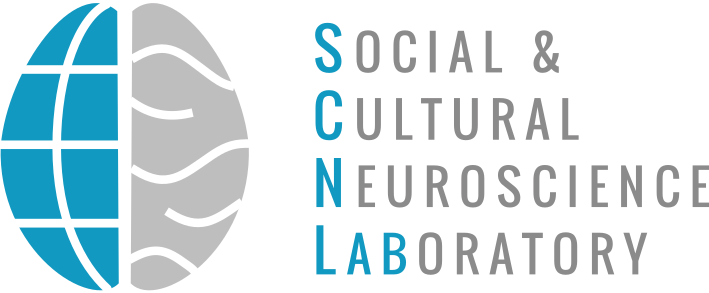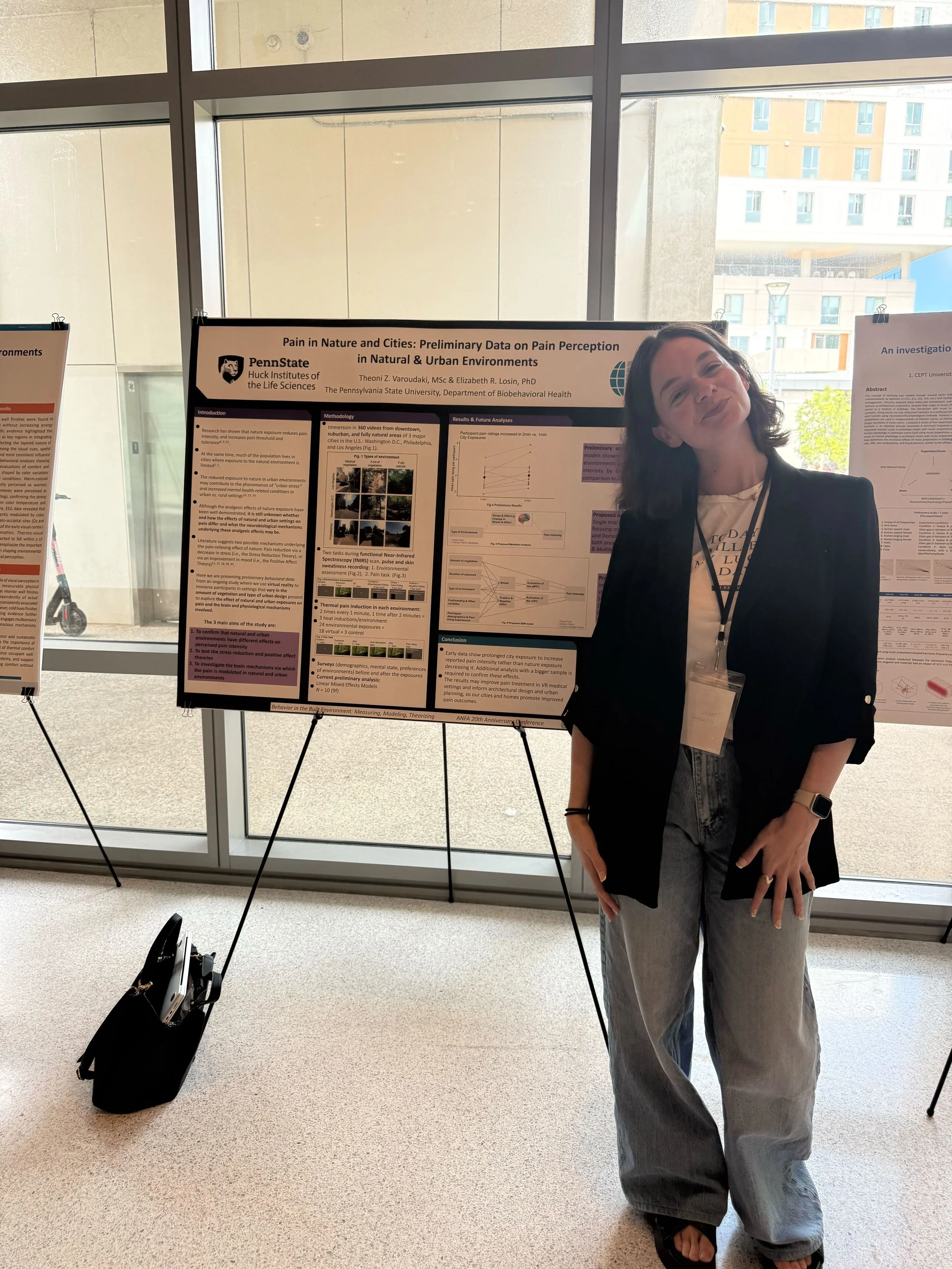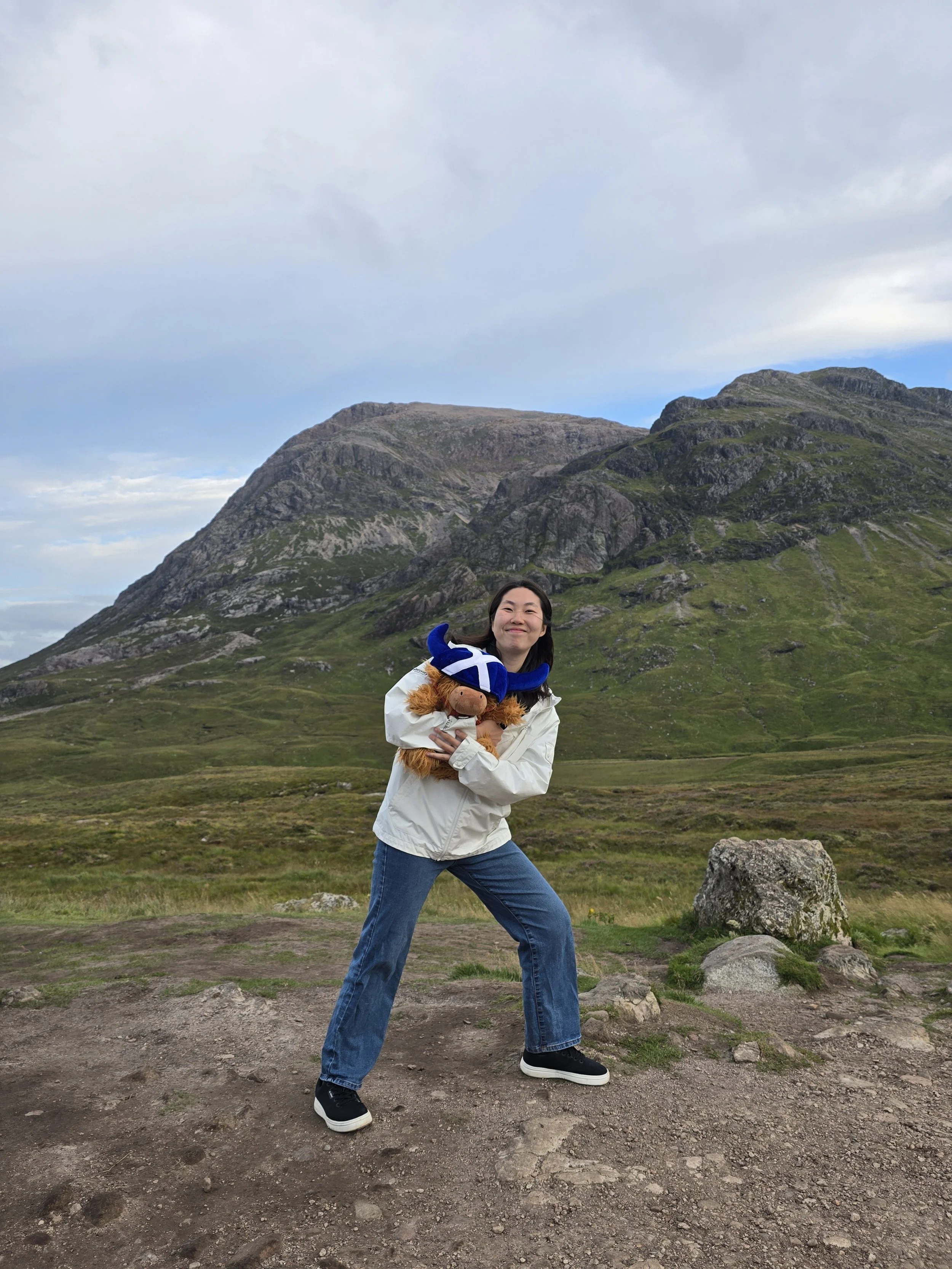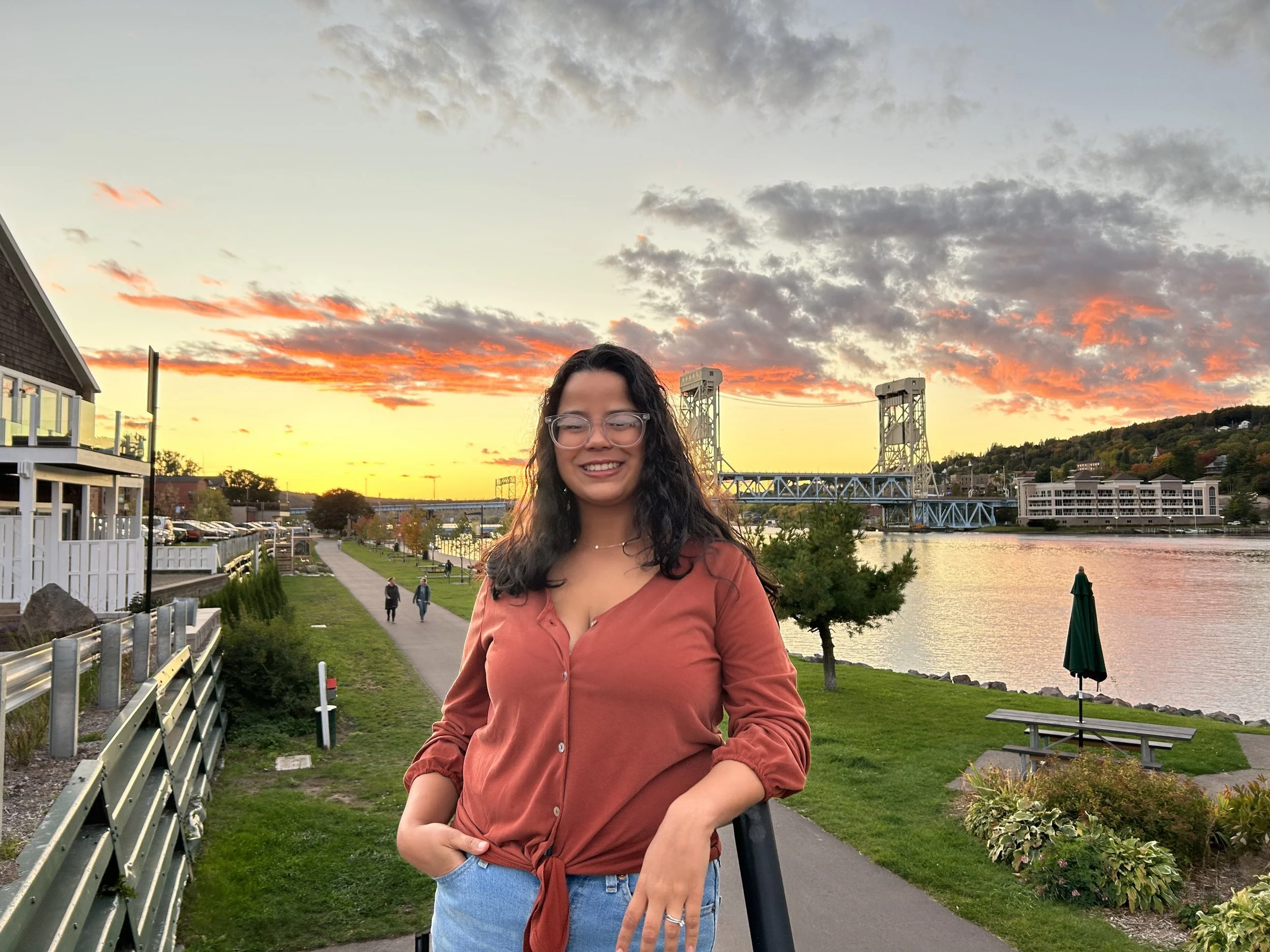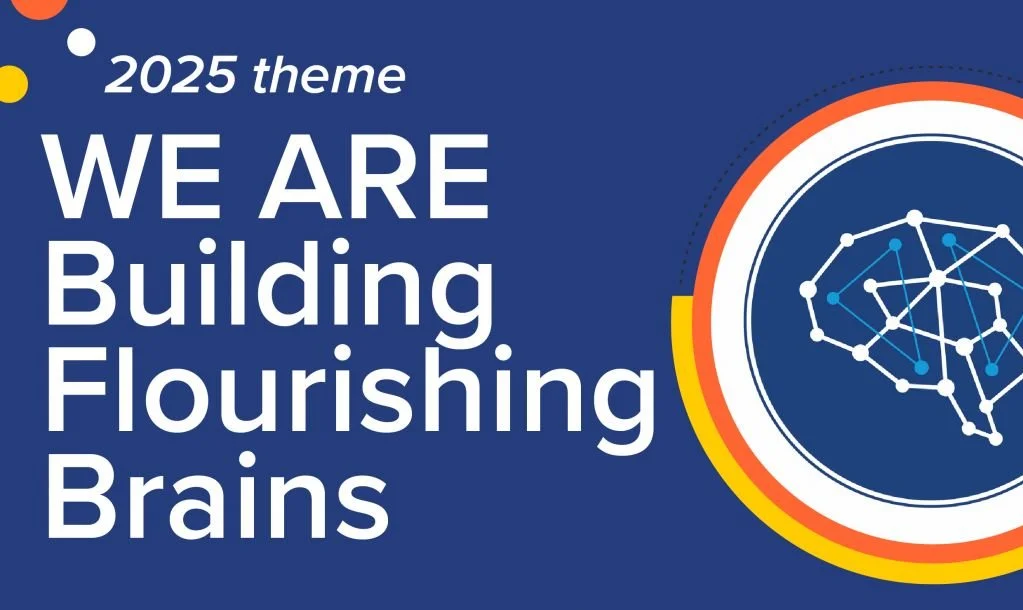We’re so excited to welcome our new graduate student, Younghwa Cha to the SCN Lab this fall!
Younghwa comes to us with a background in cognitive and cultural sociology, earning her M.A. in Sociology from Ewha Womans University. Before joining Penn State, she worked as a post-master researcher at the Center for Neuroscience Imaging Research, Institute of Basic Science, where she explored brain dynamics using simultaneous EEG-fMRI and EEG.
Her research focuses on the connections between social and behavioral factors and brain activity, with the goal of uncovering how our social lives shape cognitive and emotional patterns.
Beyond her academic work, Younghwa is also a certified Alexander Technique teacher. She’s passionate about using somatic education and body movement to support health and well-being in everyday life—including in healthcare settings.
We’re thrilled to have Younghwa join the team and can’t wait to learn from her unique perspective and wide range of interests. Welcome, Younghwa!
